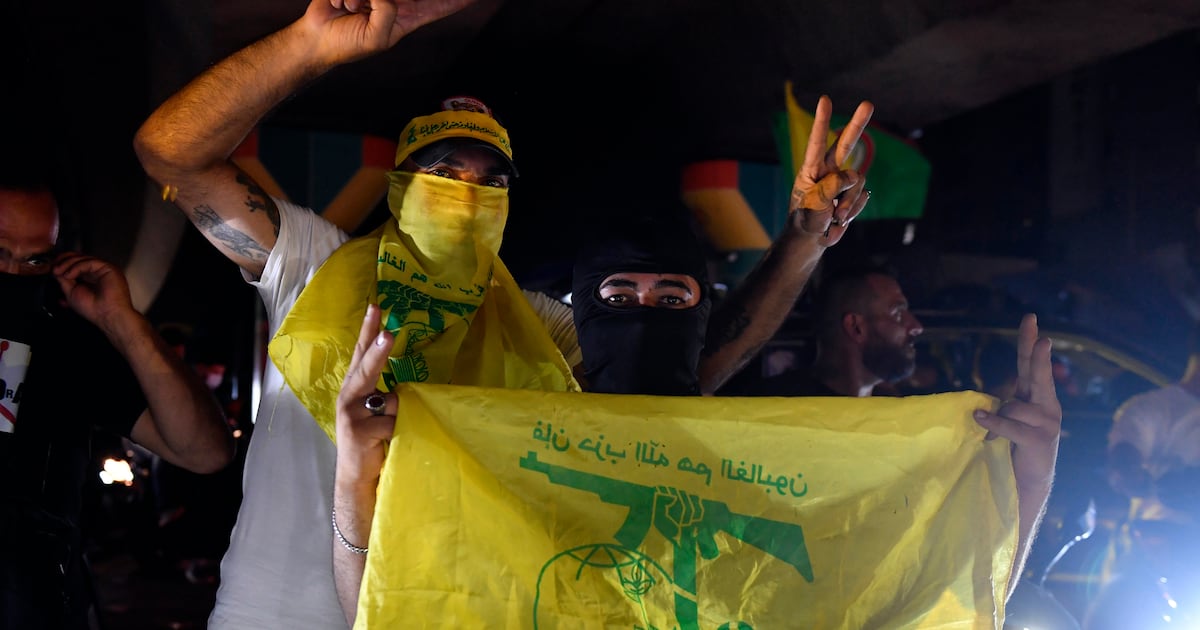The UN peacekeeping mission in Lebanon has uncovered 318 weapons caches in south Lebanon since a ceasefire between Hezbollah and Israel took effect in November, according to the latest figures provided by its spokesman.
Under the terms of the ceasefire, Hezbollah was to withdraw its fighters north of the Litani River, about 30km from the Israeli border, and Israel was required to pull its forces from all areas it occupied during the war and halt violations of Lebanese airspace.
However, Israel has kept troops in five strategic areas and continues to bomb Lebanon almost daily, saying it is targeting Hezbollah figures and military infrastructure, including weapons stores.
Unifil data provided by spokesman Andrea Tenenti on Friday showed that the peacekeepers recorded 5,095 Israeli airspace violations since November, including 96 air strikes and 2,011 ground activities in Lebanese territory.
The UN force has been supporting the Lebanese Army in dismantling Hezbollah infrastructure in south Lebanon since the truce, based on UN Security Council Resolution 1701 that says that Lebanese troops and UN peacekeepers should be the only forces in south Lebanon.
Long a dominant force in Lebanon, Hezbollah has been considerably weakened after 14 months of fighting with Israel – including two months of intense Israeli bombardment – that destroyed much of its arsenal and leadership.
The Iran-backed group, once described as one of the most powerful militias in the world, is now under pressure to disarm, with the army expected to present a plan to the government by Sunday to persuade Hezbollah to give up its weapons.
Unifil, which has been deployed in southern Lebanon since 1978 and expanded its presence after the 2006 war between Hezbollah and Israel, sits on the committee monitoring the current ceasefire, alongside truce sponsors France and the US, and the Israeli and Lebanese governments.
The UN Security Council on Thursday renewed the force’s mandate for the final time, until the end of 2026, after which it will begin withdrawing its 10,800 military and civilian personnel.
Refuse to fully surrender
The Lebanese government and Western diplomats have welcomed the pace of the Lebanese army’s deployment in the south, saying the disarmament of Hezbollah in the area is almost complete.
But the group has refused to fully surrender its weapons and negotiate a disarmament plan as long as Israeli troops maintain positions in five areas of south Lebanon, saying there are no guarantees Israel will uphold its part of the truce deal.
US envoy Tom Barrack, who visited Lebanon this week, said Israel would present a counterproposal only after Lebanon submits a disarmament plan.
The Lebanese government this month narrowly adopted a US-backed proposal requiring all armed groups in the country to surrender their weapons, despite MPs from the Hezbollah-led bloc walking out of the session.
The issue of Hezbollah’s weapons remains sensitive, with sources telling The National that Lebanon’s army commander-in-chief at one stage indicated he was prepared to resign over the process for drafting and implementing the plan to disarm Hezbollah.
A government source told The National the army is still “expected” to submit the disarmament plan on Sunday, downplaying any tensions.
